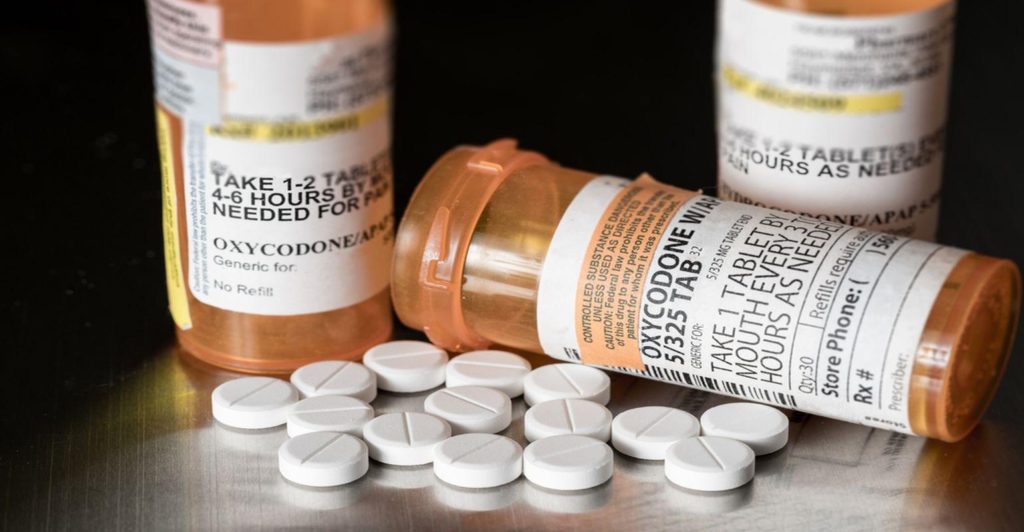500,000 Americans have died since the opioid epidemic began more than two decades ago, with nearly 70,000 people overdosing in 2020 alone (a record 191 every single day). Now, the country is making notable strides to end the crisis. Just last week, the biggest penalty for drug companies’ role in the crisis was announced with a tentative settlement worth $26 billion.
Federal law states that primary responsibility for preventing illegal distribution of pharmaceutical painkillers falls to three major companies: McKesson, Cardinal Health, and AmerisourceBergen. They have been accused of ignoring the fact that billions of pills entered the black market and contributed to the epidemic. The new deal includes payment from these companies of $21 billion over 18 years with the remaining $5 billion paid out over 9 years by Johnson & Johnson (J&J). It’s important to note that J&J was once responsible for supplying much of the raw material for opioids and sold some painkillers but no longer does in either the United States or Canada.
Opioid Settlement Details
The deal would settle more than 3,000 lawsuits, which were consolidated into one of the largest and most complicated civil litigation battles in U.S. history. Currently, the main contributor to the epidemic is illicit fentanyl manufactured in labs abroad, rather than the legal medicine distributed in the country. According to the Centers for Disease Control and Prevention, opioid prescriptions have dropped from a high of 255.2 million in 2012 to 153.2 million in 2019.
The settlement money will go towards treatment, prevention, and education as well as other costs of the epidemic, including nearly $2 billion to private attorneys. However, none of the families who have lost a loved one or any sufferers of substance-use disorders will receive payment. Some money may be set aside in an escrow fund as early as September.
A group of 10 state attorneys general involved in the case said in a statement, “We look forward to bringing much-needed dollars home to our states to help people recover from opioid addiction and to fundamentally change the opioid manufacturing and distributing industries so this never happens again.”
Of course, the harm done by the epidemic far surpasses the proposed settlement, but the agreement is a step towards improvement. “Getting this deal struck now and getting this money distributed fairly quickly — this is going to start to save people’s lives right away,” said Gary Mendell, whose son Brian passed away in 2011 after battling addiction. Mendell, who is also the founder of Shatterproof, a non-profit working to end the addiction crisis, added that a critical component of the deal is guaranteeing that funds go towards evidence-based treatment and prevention programs.
For more information about the opioid epidemic and settlement, contact us today.
Additional Reading:
Johnson & Johnson Agrees to End Opioid Business With $230 Million Settlement

